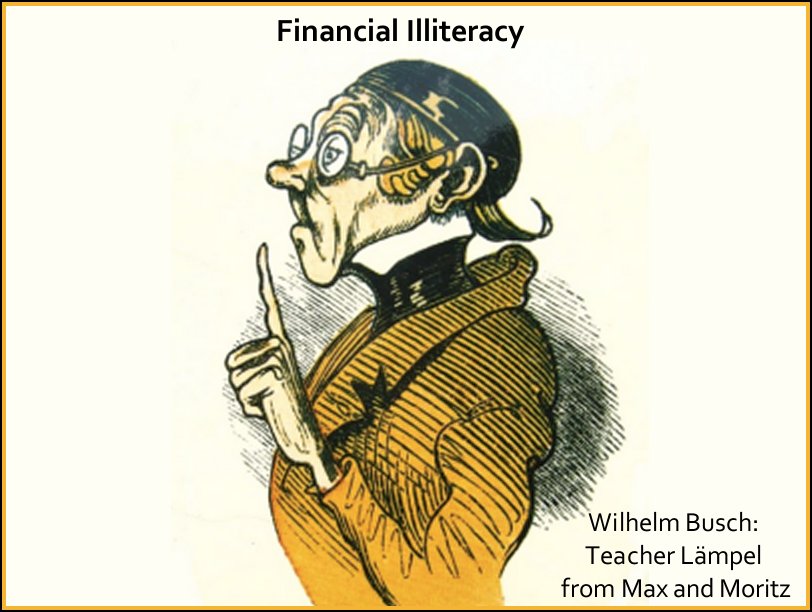Effective Financial Literacy: What Youths Need to Know, When They Need to Know It. Almost 20 percent of all young people around age 15 are not financially literate — they don’t have skills like budgeting income and expenses, pulling a credit report or understanding the terms of a credit card. Young people who live in lower-income homes are even less likely to be financially literate. Research also indicates that the benefits associated with typical financial education classes are often short-lived: Participants gain some immediate short-term knowledge, but their ability to translate that knowledge into practice later is less likely.
The CFPB developed the toolkit in 2014 so that frontline staff who work directly with clients have ready-made, practical tools to help them build financial skills. The toolkit, which is free and available on the CFPB’s website, contains more than 35 tools that can be used with a variety of clients at different stages of life, including those getting their first jobs and transitioning to living independently. Tools are arranged in nine modules:
- Setting goals and planning for large purchases.
- Saving for emergencies, bills and goals.
- Tracking and managing income and benefits.
- Paying bills and other expenses.
- Getting through the month (cash flow).
- Dealing with debt.
- Understanding credit reports and scores.
- Money services, cards, accounts and loans.
- Protecting your money.

